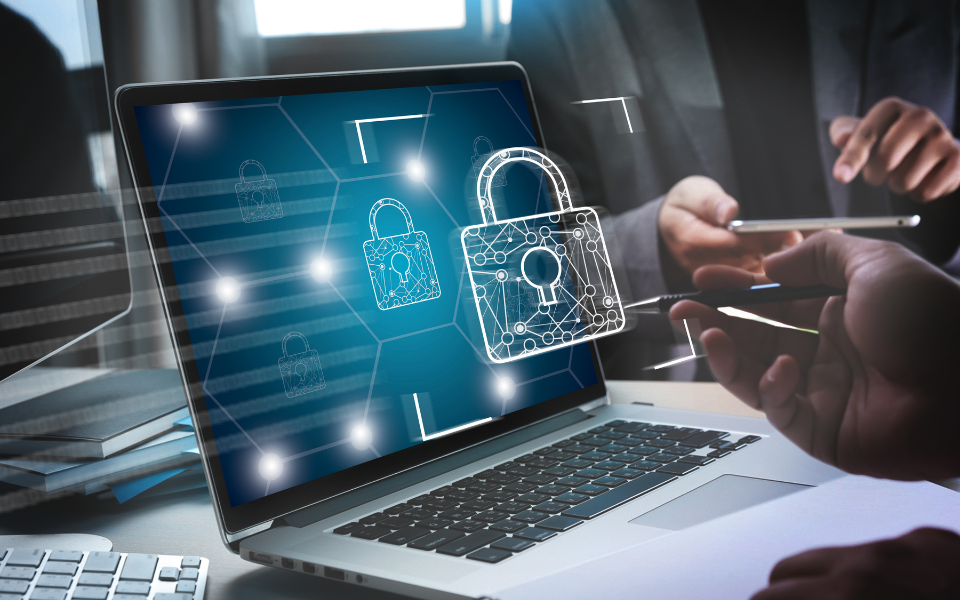Why Cyber Security Matters in 2025
From protecting personal data to securing financial systems and national infrastructure, cyber security in 2025 plays a vital role in maintaining trust, privacy, and safety in our digital age. Cyber attacks are becoming more sophisticated, targeting everything from small businesses to critical healthcare systems.
Key Cyber Security Trends in 2025
AI-Powered Threat Detection
Artificial Intelligence is now used to detect and respond to cyber threats in real-time. Machine learning models analyze patterns to stop attacks before they happen.Zero Trust Architecture
The "never trust, always verify" approach ensures strict access control, especially important in remote work environments and hybrid cloud systems.Ransomware Defense
Ransomware remains a top threat in 2025. Organizations are investing in backup systems, cyber insurance, and endpoint protection tools to defend against data hijacking.Quantum-Ready Encryption
As quantum computing develops, traditional encryption methods are at risk. Cybersecurity firms are beginning to deploy quantum-resistant algorithms to protect sensitive data.Cybersecurity Awareness Training
Human error is still the biggest cybersecurity risk. More companies now prioritize employee cyber training and phishing simulation programs.
Challenges in Cyber Security Today
Shortage of Skilled Professionals
The demand for cybersecurity experts is higher than ever, creating a global talent gap.Advanced Persistent Threats (APTs)
State-sponsored hacking and long-term infiltration require advanced detection and response systems.Data Privacy Regulations
With global regulations like GDPR and India’s Digital Personal Data Protection Act, organizations must stay compliant while protecting user privacy.
Cyber Security Best Practices in 2025
Use multi-factor authentication (MFA)
Regularly update software and systems
Invest in endpoint security and firewalls
Educate employees about phishing and social engineering
Conduct regular security audits and penetration testing
Final Thoughts
In 2025, cybersecurity is not just an IT issue—it’s a business and societal priority. Whether you're a student, entrepreneur, or part of a large organization, staying informed and protected in the digital world is more important than ever. The future belongs to those who are secure, smart, and cyber-aware.

